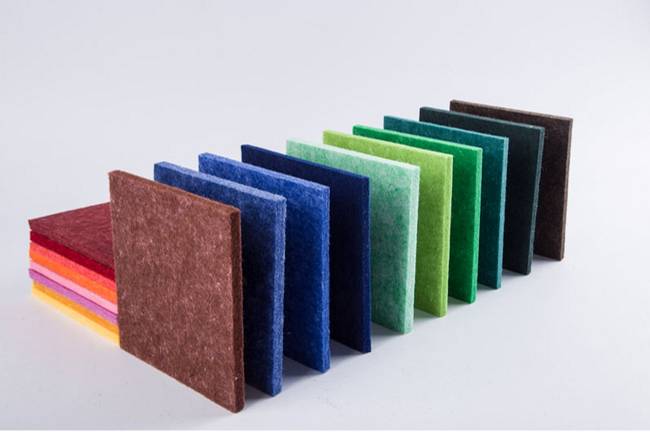If you wish to reduce noise for any reason, sound insulation panels are an inexpensive way to try, especially when compared to other sound insulation methods.
Sound insulation panels are only good at reducing medium and high-frequency sound waves if they are of moderate quality. Sound insulation panels cannot completely block noise as they cannot isolate low-frequency sound waves with long wavelengths.
This depends largely on the type of sound you are trying to stop, as some panels are more effective than others, but acoustic panels are primarily used for acoustic effects and not for noise reduction.
Sound insulation panels work by damping and dampening sound waves, thanks to the sound-absorbing material in these panels. These panels will help to eliminate background noise and echoes by controlling the 'reverberation' that occurs when sound bounces off the walls.
You will usually choose the specific acoustic panels you want to buy based on the actual sound you need to block out. For example, if you just want to eliminate birdsong, then you may not need anything other than a standard cheap soundproof panel. However, if you want to reduce noise from a larger source such as a rubbish truck, then you will need high quality, expensive sound insulation panels and possibly heavier duty options.
There are two sides to the acoustic coin if you can. Some products will absorb echoes in the room, others will stop or stop/reduce the transmission of sound. (Some panels can do both. Often called composite materials, but let's keep it simple for now.) Echo absorbing materials are used to improve the quality of sound inside the room in which they are installed. They are usually installed on walls or ceilings as a surface in the room. Products for sound insulation can be used inside walls or ceilings - as part of the building material. They may be dense, heavy materials or materials that will separate wall components, and because of their density, they will usually reflect sound back into the room rather than penetrate to the other side. Absorbing echoes in a room and blocking or reducing sound are two very different ways and use different products and methods.

This is a simple analogy that can help people understand the physics of sound and how it works. Imagine that you are building an aquarium to hold water. Would you use glass plates or sponges on the walls of the tank? This is obviously an absurd question, but it paints a picture of the simple physics that apply here. Sound acts very similarly to water when you are trying to control it. If you use sponges as walls, they will absorb water, but will soon allow all the water to seep through to the other side. Glass and a good seal will keep the water out and stay in place. Acoustic materials made of soft, slimy stuff (such as sponges) will be absorbed. Dense, heavy, impermeable materials will block.
Previous: Carpet Padding Buying Guide
Next: How to Choose Carpet?